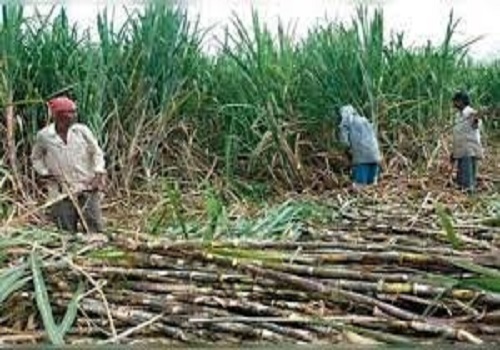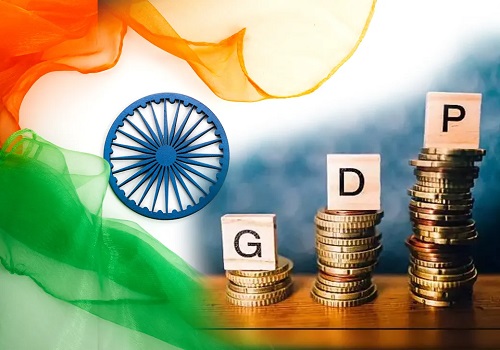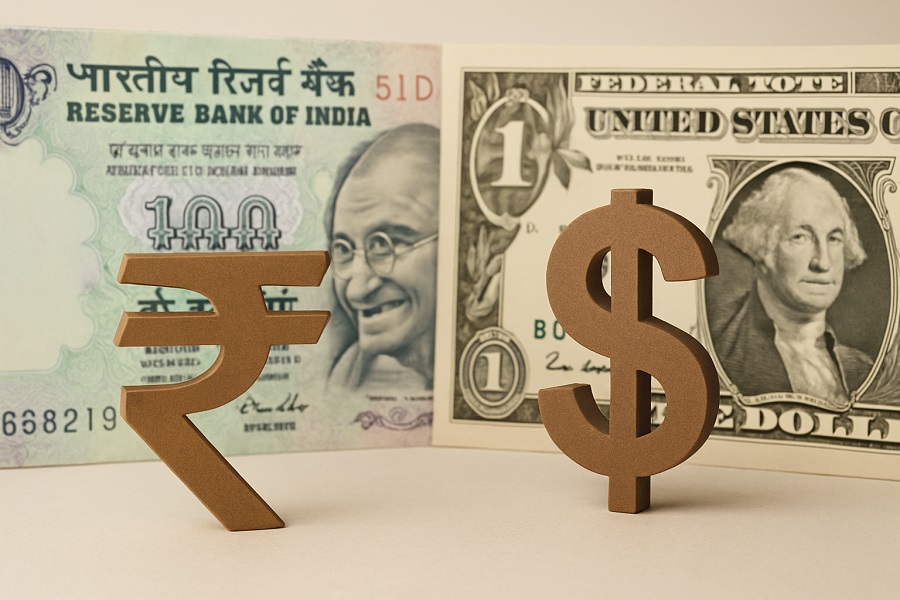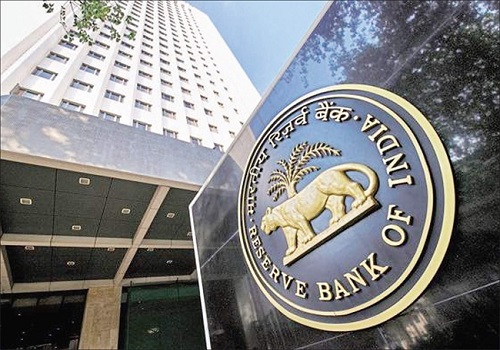From handloom to fruit juices, GST rejig to boost Tripura`s economy
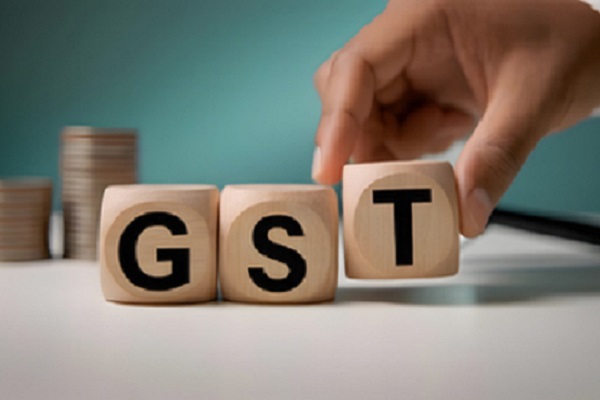
Recent GST rate cuts are reducing costs, boosting affordability, and expanding market access for Tripura's handloom, tea, sericulture, and food-processing sectors, the government informed on Thursday.
From Risa and Pachra–Rignai textiles to Tripura Queen Pineapple products and sericulture industry, these reforms empower tribal women, artisans, and small farmers, while driving value addition and exports, an official statement said.
Reductions are in effect for GI-tagged Risa and Pachra-Rignai textiles, benefiting over 1.3 lakh households involved in handloom work, as well as stitched apparel made from these fabrics, enhancing price competitiveness for locally woven garments.
Recent GST revisions further boost this traditional craft, with fabrics now taxed at around 5 per cent, and stitched apparel priced up to Rs 2,500 moved to the 5 per cent slab from the earlier 12 per cent. This 7-percentage-point reduction for stitched Risa-based apparel will enhance income opportunities for rural women while preserving the state’s cultural heritage, the statement said.
Packaged and instant tea are also now subject to a 5 per cent GST, benefiting 54 tea estates and approximately 2,755 small tea growers who participate in auctions in Guwahati and Kolkata, and export to markets such as Bangladesh, the Middle East, and Europe.
Another major sector sericulture, involving approximately 15,550 farmers statewide, will have silk-based products taxed at 5 per cent, reducing costs at every stage of the silk value chain- from cocoon cultivation, rearing and raw silk production to operating small-scale reeling units.
Further, food processing in Tripura is set to benefit from the 7 per cent GST reduction on fruit and vegetable juices, including products from the GI-tagged Tripura Queen Pineapple, as approximately 2,848 food and agro-processing units are active in the state.
By easing tax pressures, the reform encourages processing, packaging, and exports, helping Tripura’s fruit sector evolve from farm-based production to a more value-driven, market-oriented ecosystem.
From FY 2018–19 to FY 2024–25, Tripura exported approximately 73 metric tonnes of pineapple to Dubai, Oman, Qatar, and Bangladesh, while supplying around 15,000 metric tonnes to other Indian states, the statement noted.







